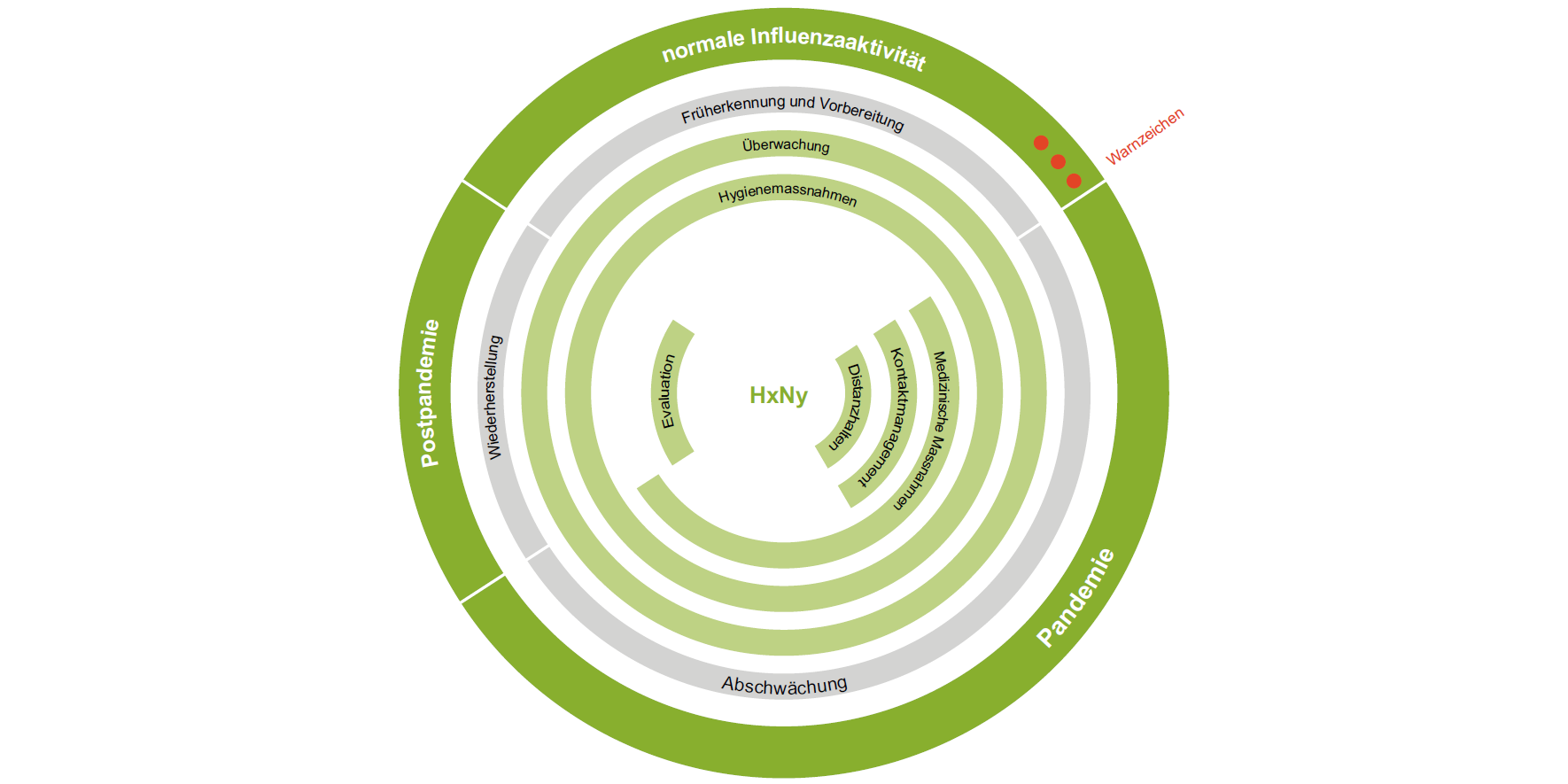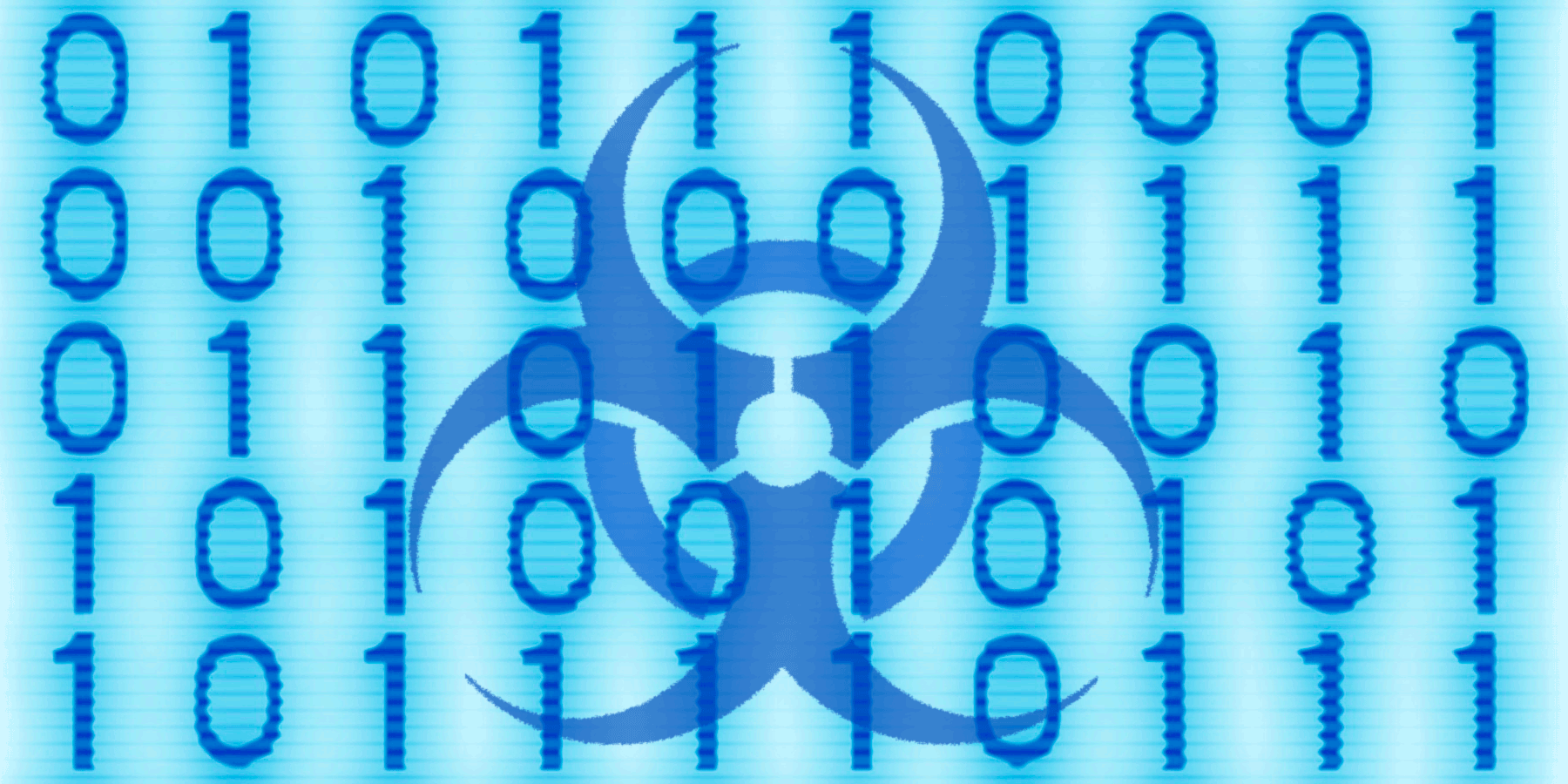Bild: © Bundesamt für Gesundheit (BAG)
Dieser Blogbeitrag gehört zur Coronavirus-Blog-Reihe des CSS, die einen Teil des Forschungsprojektes zu den sicherheitspolitischen Implikationen der Corona-Krise bildet. Weitere Informationen finden Sie auf der CSS-Sonderthemenseite zur Corona-Krise.
Der Pandemieplan der Schweiz fokussiert auf Influenzaviren. Wie nützlich ist das in einer Corona-Pandemie? Hat die Schweiz für den falschen Fall geplant? Die Antwort ist ja – und nein. Viele Checklisten und Tabellen des Influenza-Pandemieplans lassen sich in der Corona-Pandemie nur bedingt nutzen. Gleichzeitig ist der Plan aber von der Idee der «systemischen Flexibilität» durchdrungen. Weil eine Pandemie nie so stattfindet, wie im Szenario durchgespielt, müssen sich die Schweiz und ihr Gesundheitssystem anpassungsfähig zeigen.





